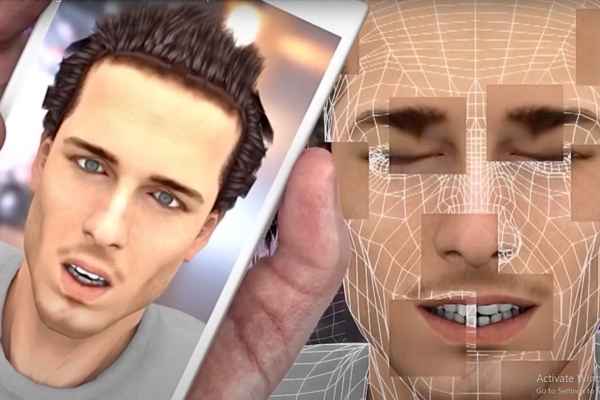Artificial intelligence (AI) has rapidly emerged as a powerful tool in the entertainment industry, blurring the lines between reality and fiction. While it offers exciting possibilities, it also raises concerns about ethics and authenticity.
In the world of ArtificiaI Intelligence in Entertainment, exploring how it’s being used, misused, and what can be done to ensure responsible AI-driven content.
Tom Hanks’ AI Impersonation
Tom Hanks, the beloved actor famous for roles in iconic films like “Forrest Gump” and “Sully,” recently took to Instagram with a baffling revelation. He cautioned his 9.5 million followers about a deceptive dental plan ad featuring an AI-generated version of himself, stating firmly, “I have nothing to do with it.” This incident highlights the emerging issue of AI impersonations in the entertainment industry.
Hanks’ concern isn’t unfounded, as he had previously expressed reservations about AI’s role in entertainment. During a podcast interview with British comedian Adam Buxton, he shared his thoughts on the capabilities of ArtificiaI Intelligence, emphasizing its potential to recreate individuals at any age convincingly. Hanks warned that AI-generated content could become indistinguishable from reality, posing artistic and legal challenges.
He astutely noted that performances could endure indefinitely, even if the real actors are no longer present, unless explicitly disclosed as AI or deepfake. This revelation underscores the need for transparency in the use of AI-generated content.
AI’s Role in Film
AI has already made significant inroads in the film industry. In the 2004 animated holiday film “The Polar Express,” Tom Hanks was brought to life through CGI. More recently, he underwent digital de-aging for certain scenes in the 2022 movie “A Man Called Otto.” These instances showcase how AI can be harnessed to enhance cinematic experiences.
However, the recent resolution of the U.S. writers’ strike has thrust concerns about AI into the spotlight. Creative professionals are wary of unregulated AI, fearing it may diminish their contributions. The Writers Guild of America has ratified an agreement with the Alliance of Motion Picture and Television that includes restrictions on AI’s use in the realm of film and television.
This development reflects a growing debate around AI’s influence in creative fields and the need for safeguards to ensure responsible and ethical use.
Beyond Hollywood: AI in Ads
Artificial Intelligence’s reach extends beyond the silver screen into the realm of advertisements. Advertisers often leverage Artificial Intelligence to target their ads to specific demographics, aiming for relevance. While this can be a valuable marketing tool, it’s not without its pitfalls.
For instance, Artificial Intelligence could be used to target ads for unhealthy products to children or predatory loans to vulnerable populations. The potential for discriminatory or exploitative advertising practices is a growing concern.
Preventing Artificial Intelligence Misuse

As ArtificiaI Intelligence continues to shape the entertainment and advertising landscapes, there are steps that can be taken to prevent its misuse:
- Labeling Deepfakes: Content creators should clearly label deepfakes so that consumers can distinguish between AI-generated and authentic content.
- Responsible Special Effects: Filmmakers should use ArtificiaI Intelligence-driven special effects responsibly, ensuring they enhance storytelling without sacrificing authenticity.
- Ethical Advertising: Advertisers must employ Artificial Intelligence in a way that is fair and ethical, avoiding discrimination or exploitation.
- Critical Consumer Awareness: Consumers should be vigilant and critical of the content they encounter, questioning the authenticity and source of Artificial Intelligence-generated material.
In conclusion, AI’s ascent in entertainment has ushered in exciting possibilities, but it also presents ethical and authenticity challenges. Tom Hanks’ warning about an AI impersonation serves as a reminder that we must tread carefully in this evolving landscape. By embracing responsible AI use and fostering transparency, we can ensure that the magic of entertainment remains captivating without eroding trust and authenticity.




